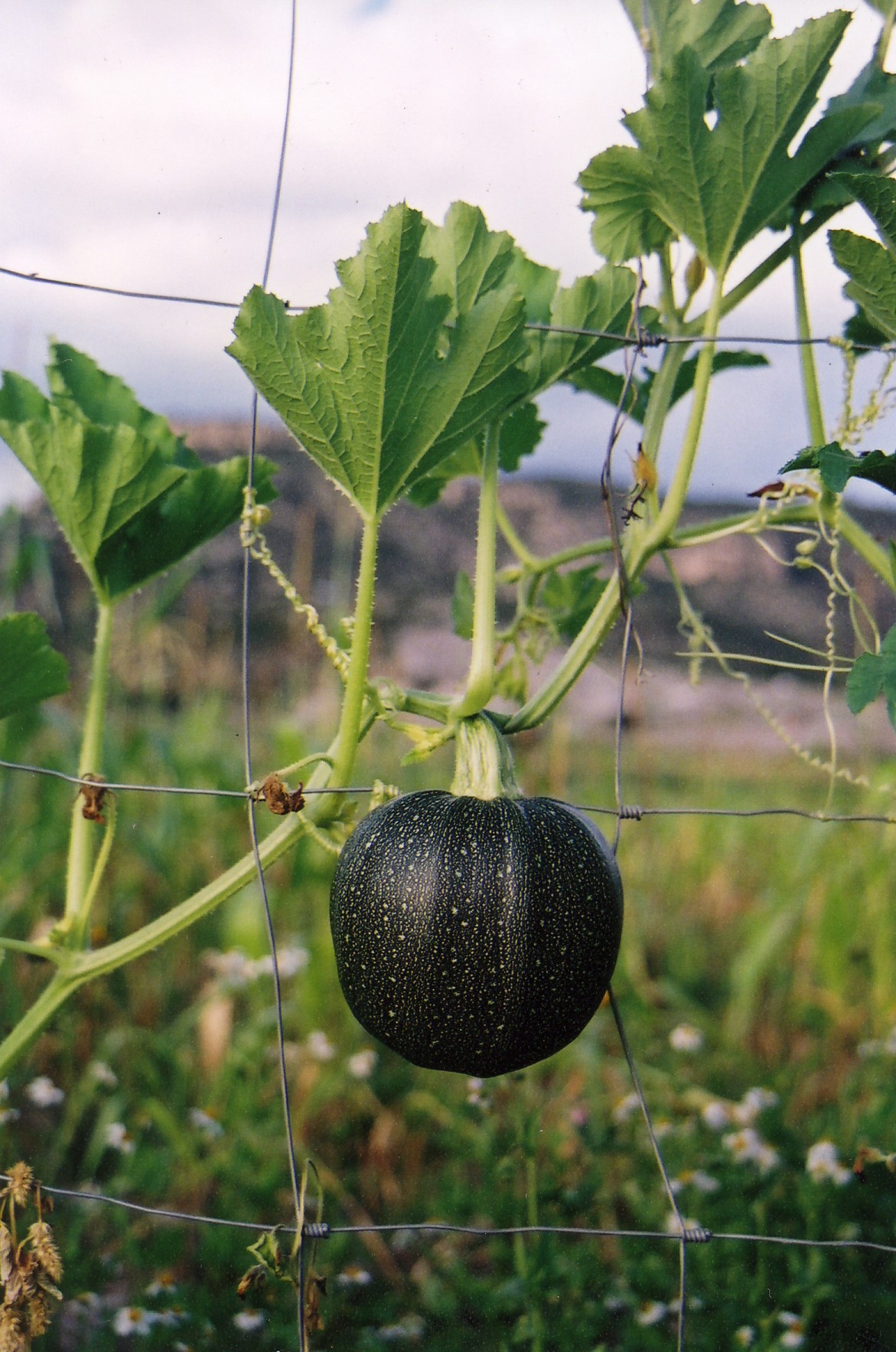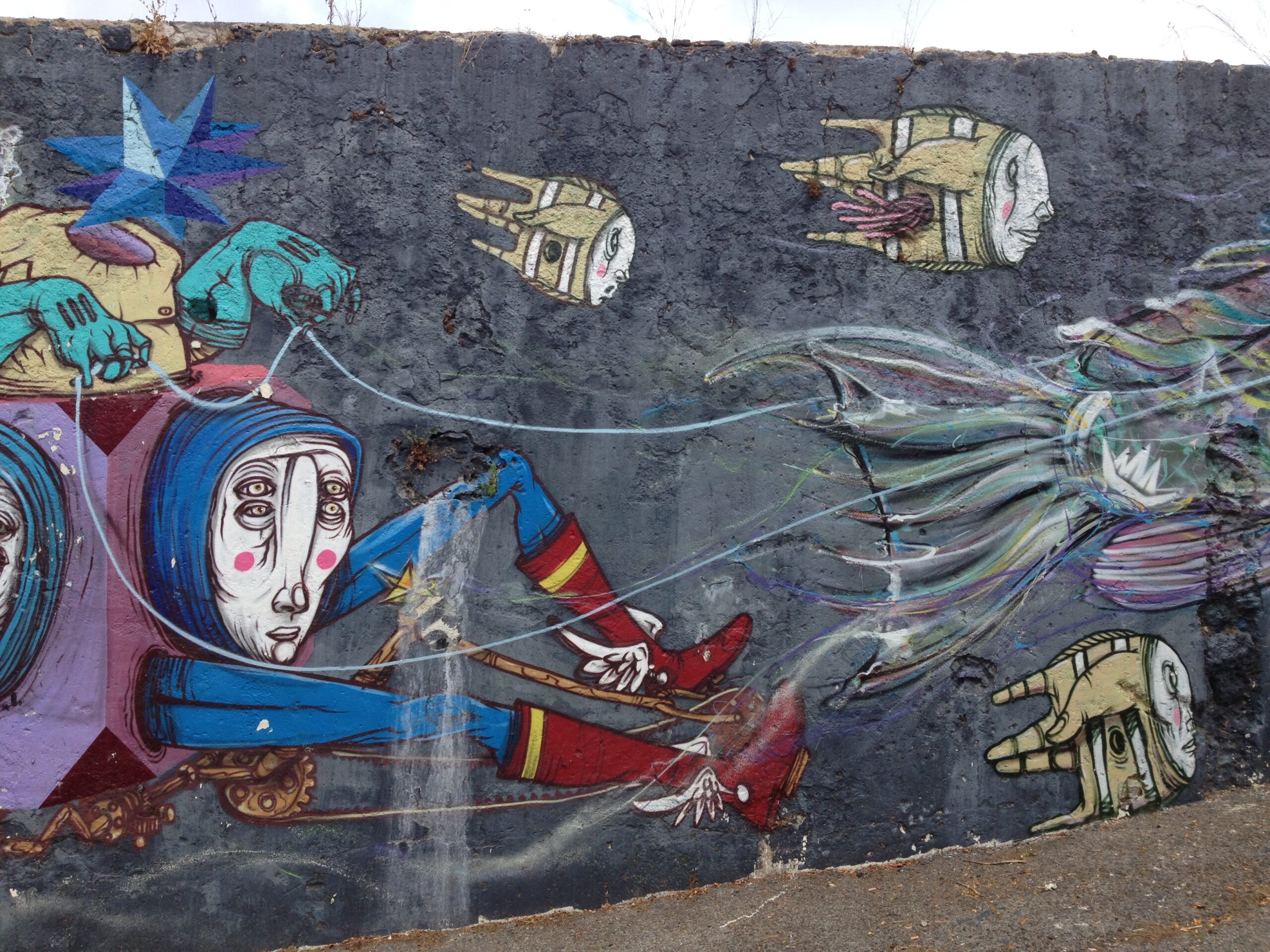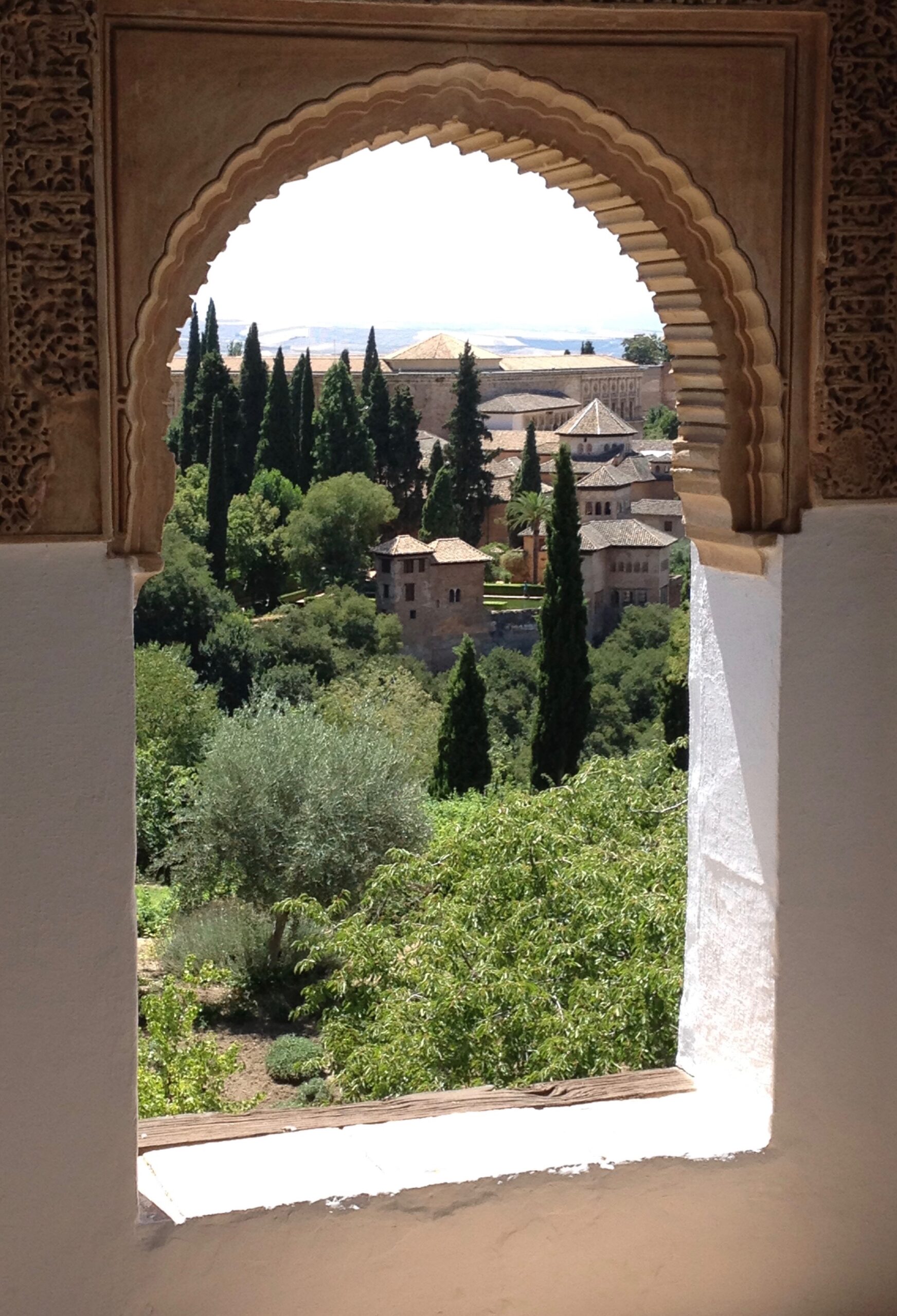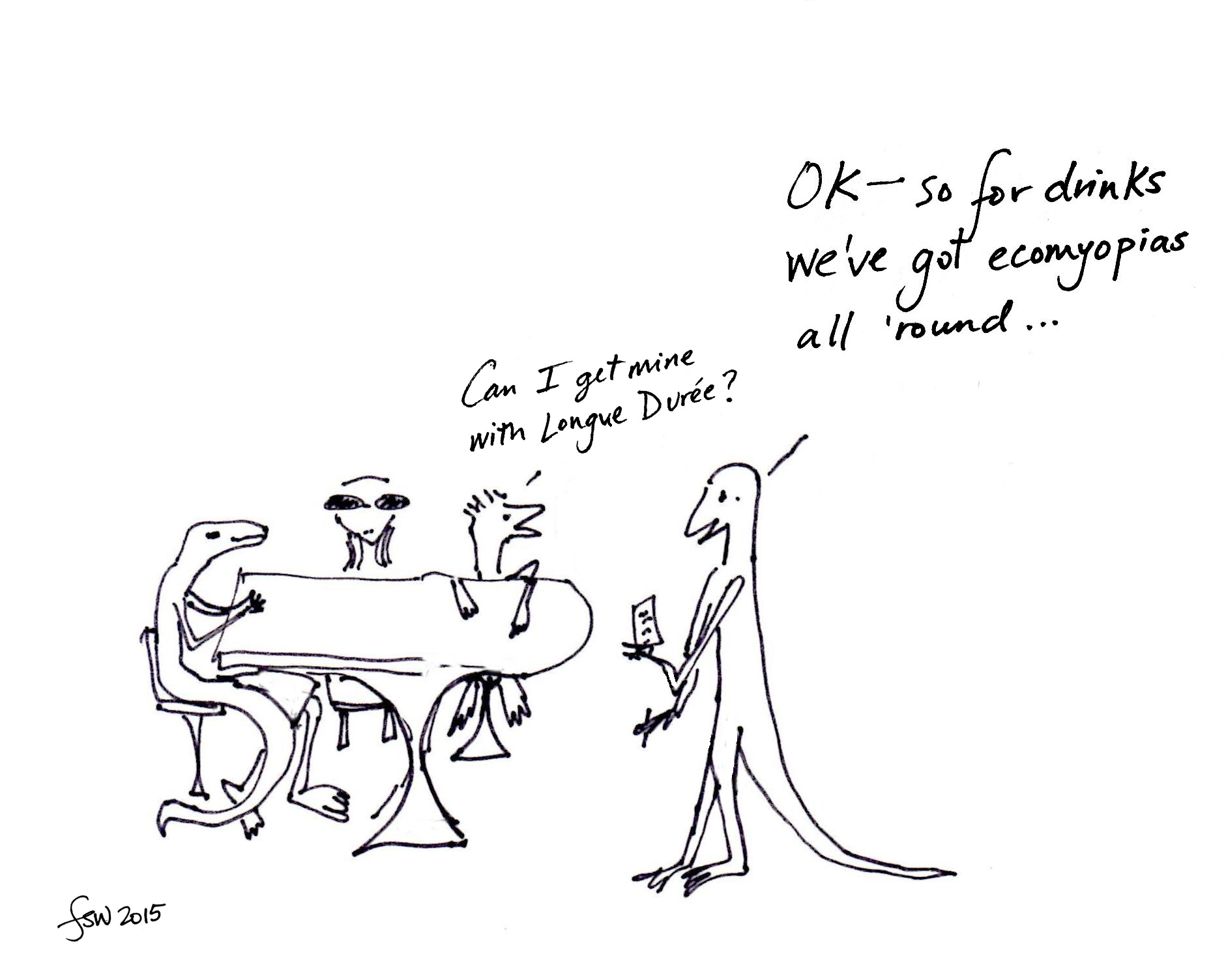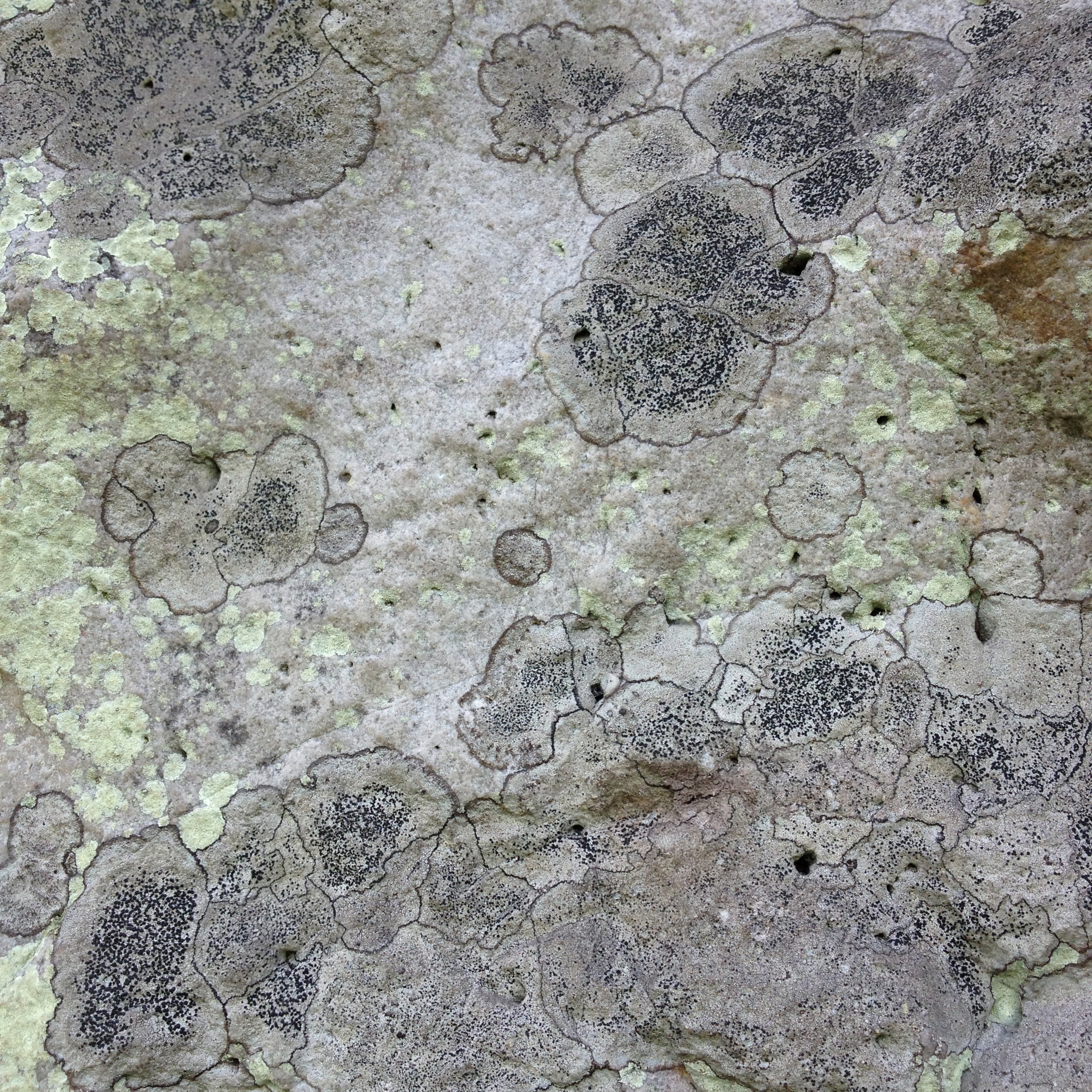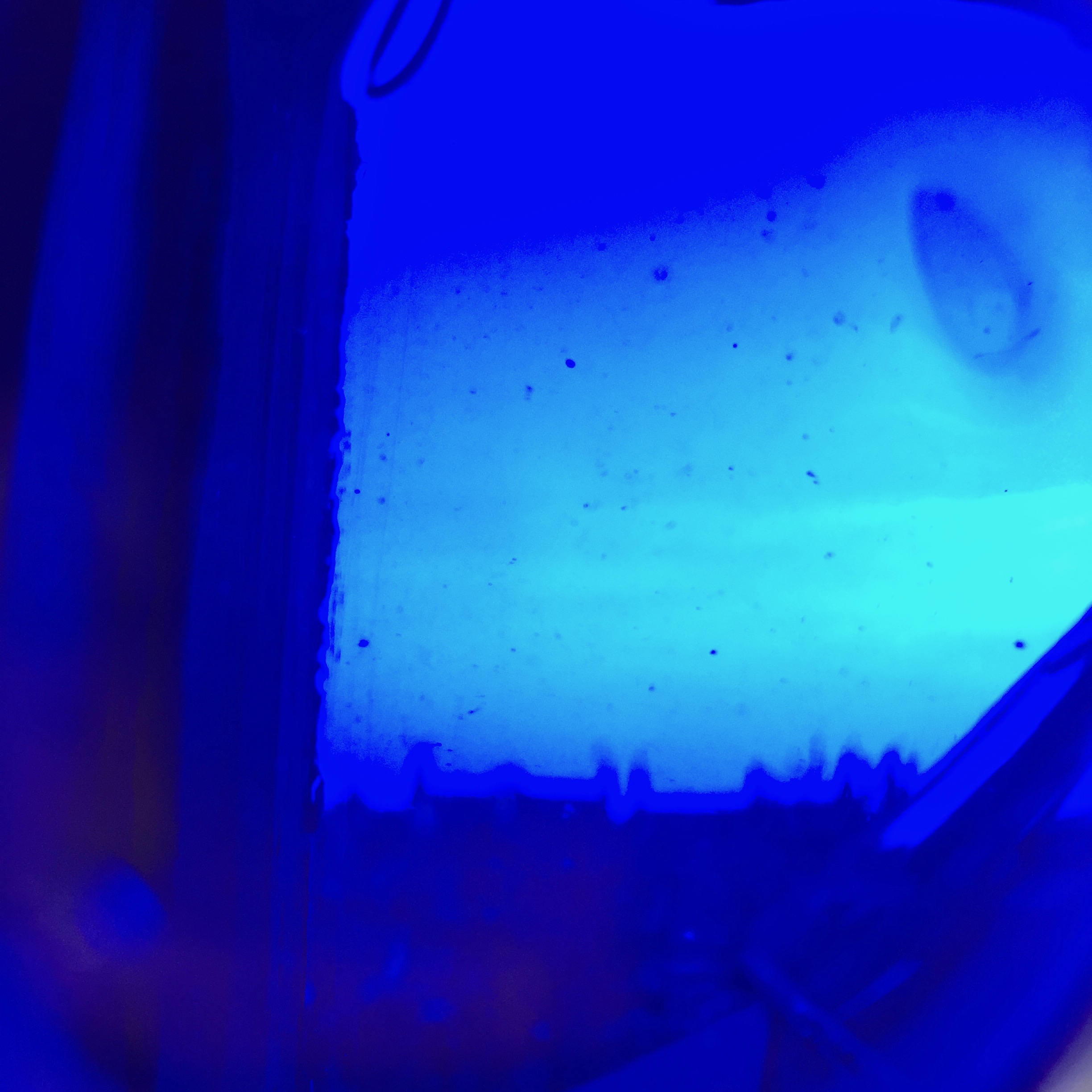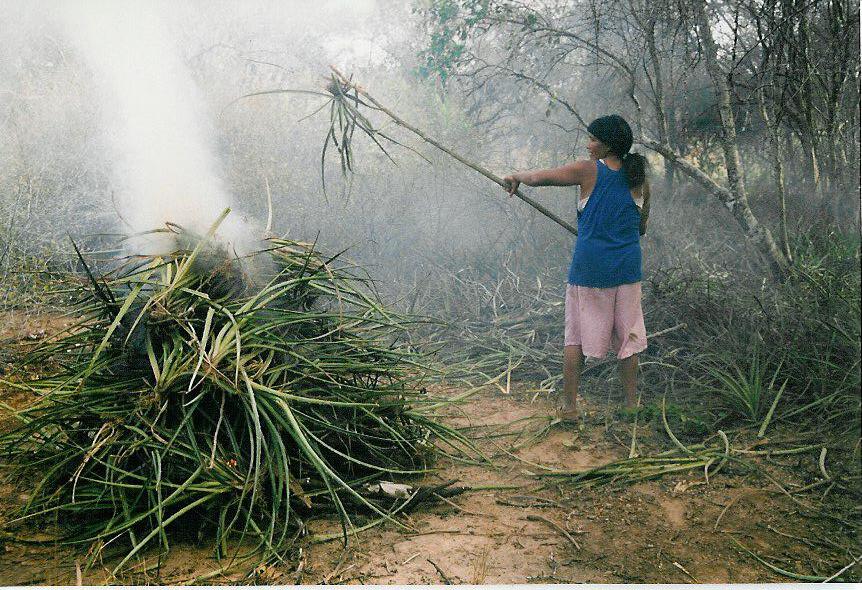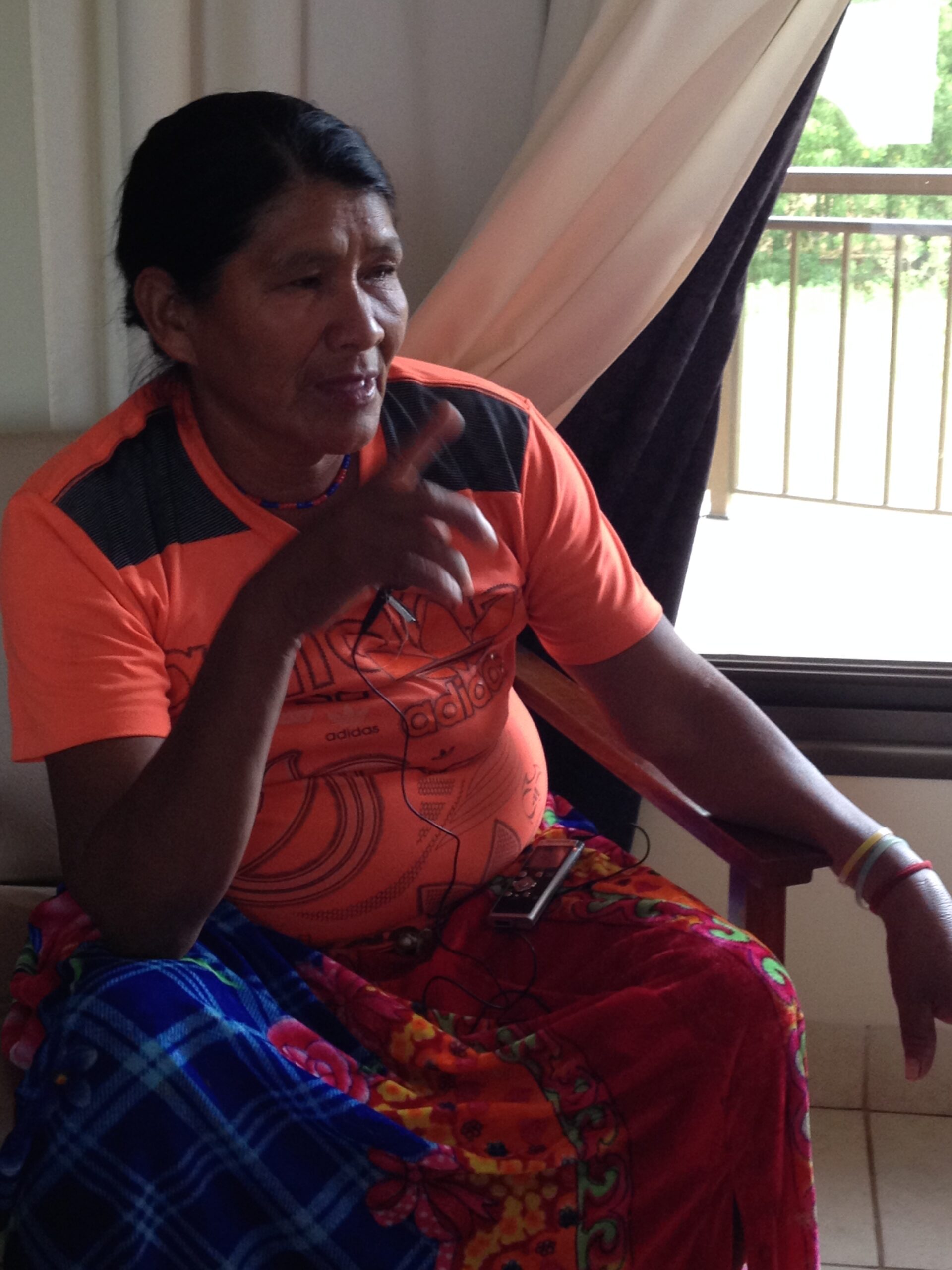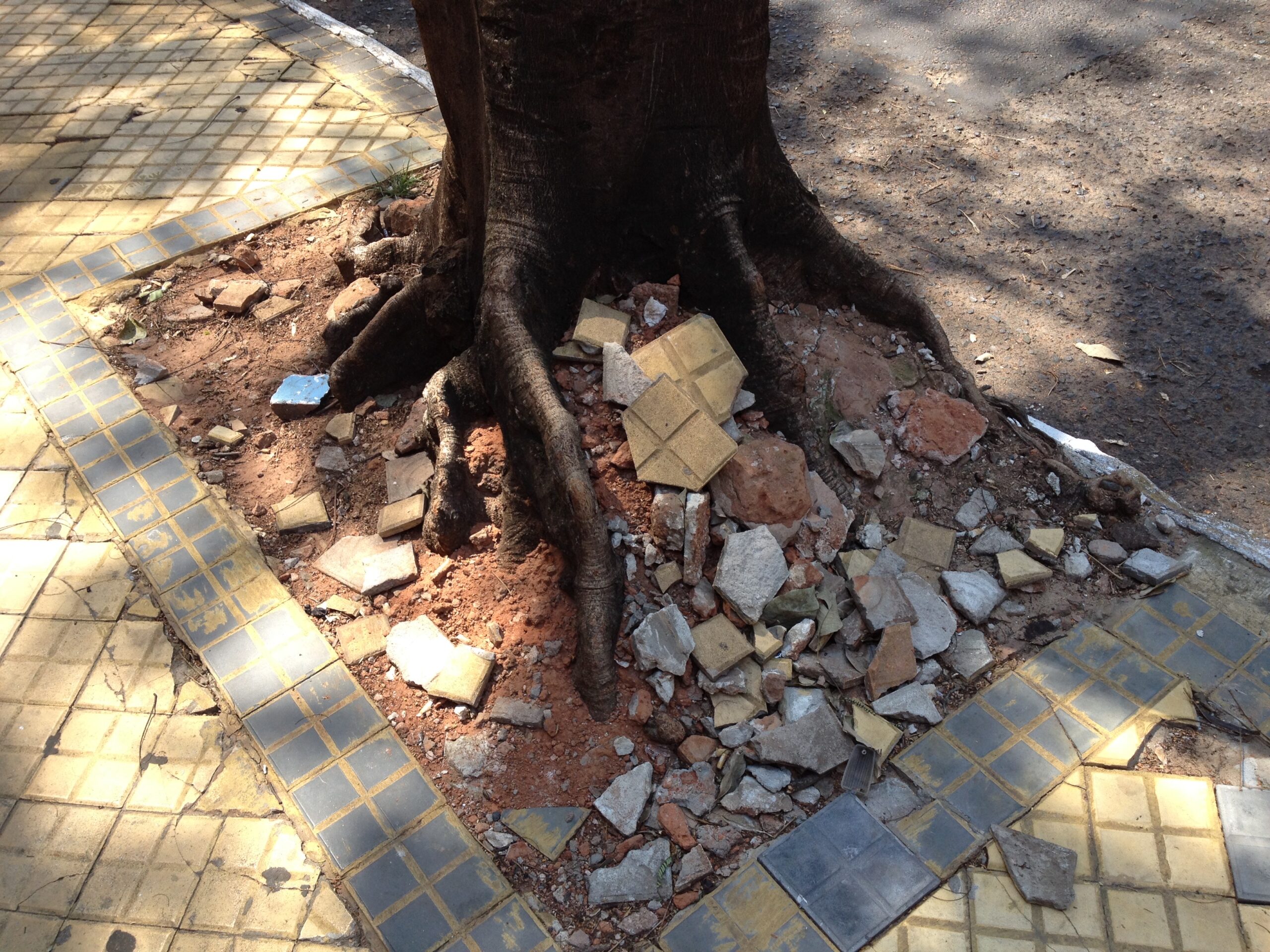Writing - Felice Wyndham
The grasshopper, the hawk, and the squash vine
This memoir prose piece was accepted for the A Room of Her Own foundation’s online volume, WAVES. …
“The one-cent stamps fly off our shelves…”
In the central Post Office of Athens, Georgia recently, I needed to add thirteen cents to my letter’s postage. I asked if they still ...
A mention in Yale E360…
What ecologists are learning from Indigenous people
by Jim Robbins
“…It may not just be facts about the natural world ...
Ecomyopia in the Anthropocene
“… ecomyopia [we] define as the tendency to ...
Edible grubs in Australia
“In the Arandic [language] system, edible grubs are a part of the plant on which they are found, in much the same way a fruit ...
The eye of the filbert worm moth
“No one knows the purpose of the tiny eye just above the compound eye” of the filbert worm moth, eater of acorns (and filberts, presumably). ...
Free for All: Foods, Landscapes, and Lives in the Paraguayan Chaco
Ethnobiology Letters 2016
This short memoir essay revisits my education in foodscapes with the Ayoreo community of Jesudi in the Paraguayan Chaco through stories ...
Listen to an excerpt of Ei Posinho’s life story
Recorded in Jesudi, Paraguay 2011. Posted here with her permission. …
Pocket ecology
Research project (inspired by a mom who took photos of the contents of her preschooler’s “treasures” in his pocket every day):
Carry around a stack ...
The Names
The names at first are those of animals and of birds, of objects that have one definition in the eye, another in the hand, of ...
We are most nearly ourselves when we achieve the seriousness of the child at play
“We are most nearly ourselves when we achieve the seriousness of the child at play.”
“Time is a game played beautifully by children.”
― Heraclitus, <a ...

